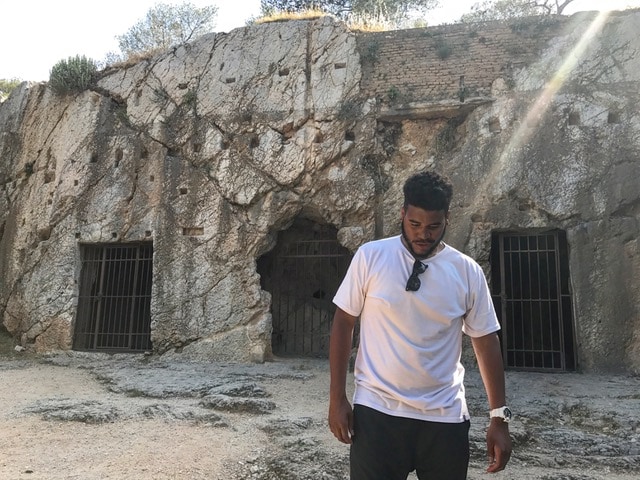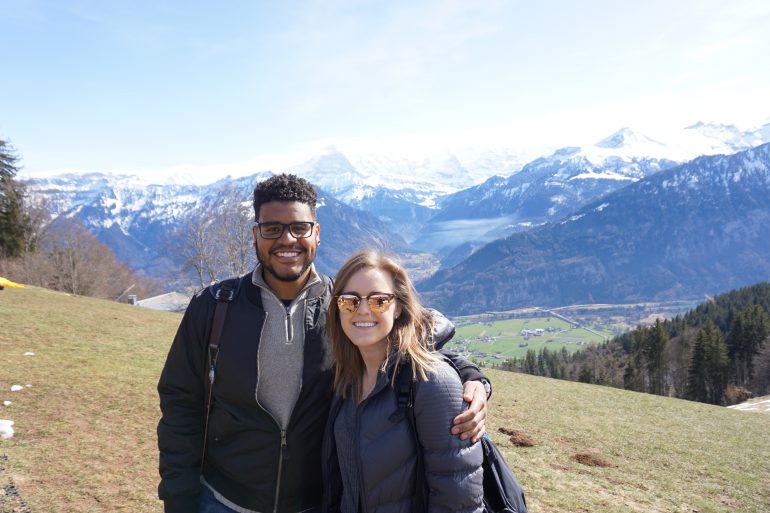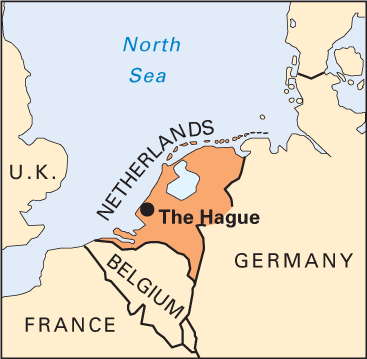
Studying Abroad: Technology Tips
(part 3 of a 3 part series)
Studying abroad can be a very eye opening and insightful experience! To ensure you have the most memorable time, it’s important to consider your technology usage. I enjoyed five months in The Hague, Netherlands, while also learning a lot about the country and the culture. Technology helped enhance my experience. Here are some tips to keep in mind while using technology abroad.
International mobile plans
Talk to your mobile phone provider about their international plans to see what they offer. I have Verizon and all their plans were extremely expensive and you don’t get much for the price. If you have T-Mobile, you are in some luck since they started in Europe and have decent service and an international unlimited plan. One of my friends switched to T-Mobile right before he left America and did not have any complaints. I did not get any sort of international plan and was fine using wi-fi the entire time.
Using WiFi for communication
If you take this route, I recommend the messaging app “WhatsApp.” Most Europeans use this too, so it is a great way to communicate with any friends you meet while abroad. WhatsApp allows you to text, make phone calls, and even facetime all for free but you do have to be connected to wi-fi to do so. The only drawback to this app is that it is slow to send pictures over text but you still have the ability to do so and that feature is free, too. Lastly, for everyone with an iPhone, you can create a shared folder in the Photos app and it will save over the cloud. Whoever you share this folder with will be able to see the photos at any time and the folder will update instantly as you add more pictures.
Charge up
Depending on what country you visit, you may need to buy a converter to charge your devices, as not all countries have the same voltage! Be careful. Simply plugging your phone charger into a wall in Europe may instantly fry any of your electronic devices with their 220 volts! That’s nearly double what we have running through our cords in America. I bought a converter kit that came with converters for every part of the world.
Save the screen time
I know you will want to check your social media or talk with your friends and family from back home, but this trip will be a great time to stay off of your phone and soak in this great experience while you have the chance. If you do not believe there are benefits for staying off of your phone, please read Delaney Stockford’s blog about how to “Take a Break from Technology.”
Studying abroad is a very memorable experience, and I highly encourage anyone to do it if they get the chance. With technology being an inevitable part of our society, it’s important to consider how and what we use it for during our study abroad trips. Through my experience, it’s best to use the WiFi, and to buy a converter to charge your devices, but best of all – live in the moment, and enjoy the experience in real time.
Pearson Students – are you planning on studying abroad? How will you use technology as part of your trip? Share with the Pearson Students community by commenting below!

